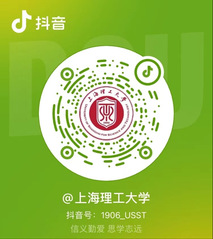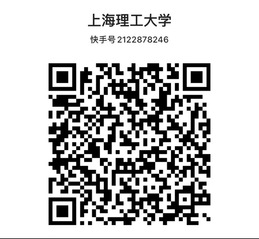報(bào)告人:王東海 教授 美國(guó)賓夕法尼亞州立大學(xué)
報(bào)告時(shí)間:2019年3月28日(周四)下午 14:00
報(bào)告地點(diǎn):材料樓210會(huì)議室
報(bào)告題目:Harnessing Materials for Electrochemical Energy Storage
摘要:Electrochemical energy storage systems are key components of sustainable transportation systems and electrical grids, allowing for increased efficiency in energy use, full-fledged utilization of intermittent renewable energy sources (eg. wind, solar, wave, etc), superior power management and, attendant on these, decreased greenhouse gas emissions and energy independence. Many of the foremost challenges in this area are materials-based – new materials are highly desirable to provide stable, high-energy, high-power energy storage for a variety of applications and conditions. The Energy Nanostructures Laboratory under Dr. Donghai Wang at Penn State is investigating many exciting new paths in pursuit of such energy breakthroughs. The majority are presently focused on development of battery materials, and cell design and fabrication –materials for next generation Li-ion battery and beyond Li-ion battery technology such as Li metal battery, Na-ion batteries, solid-state batteries. In this talk, I will present recent development in my group on new electrode materials that enable high performance Li metal batteries and solid-state batteries.
個(gè)人簡(jiǎn)介
王東海教授于1997年獲清華大學(xué)化學(xué)工程學(xué)士,碩士學(xué)位,2006年獲美國(guó)杜蘭大學(xué)化學(xué)工程博士學(xué)位,現(xiàn)任賓夕法尼亞州立大學(xué)機(jī)械工程與化學(xué)工程系教授。2018年被評(píng)為科睿唯安全球高引科學(xué)家。曾就職于美國(guó)太平洋西北國(guó)家實(shí)驗(yàn)室科學(xué)家,多家企業(yè)技術(shù)顧問(wèn)包括Ashland,豐田,LG化學(xué)和Enpower能源公司等。他的研究領(lǐng)域集中在用于清潔能源的納米材料開(kāi)發(fā)與制備,用于提升清潔能源關(guān)鍵性技術(shù),引領(lǐng)先進(jìn)能源技術(shù)發(fā)展的新型材料研發(fā)。涉及電池,太陽(yáng)能電池、燃料電池、超級(jí)電容器和環(huán)境修復(fù)的應(yīng)用等。近10年王教授在Nature Materials (1),Nature Energy (1), Nature Comm.(2)、JACS、AM、Angew等國(guó)際名刊上共計(jì)發(fā)表SCI論文100余篇,申請(qǐng)20多項(xiàng)專(zhuān)利,并撰寫(xiě)4個(gè)章節(jié)著作。









